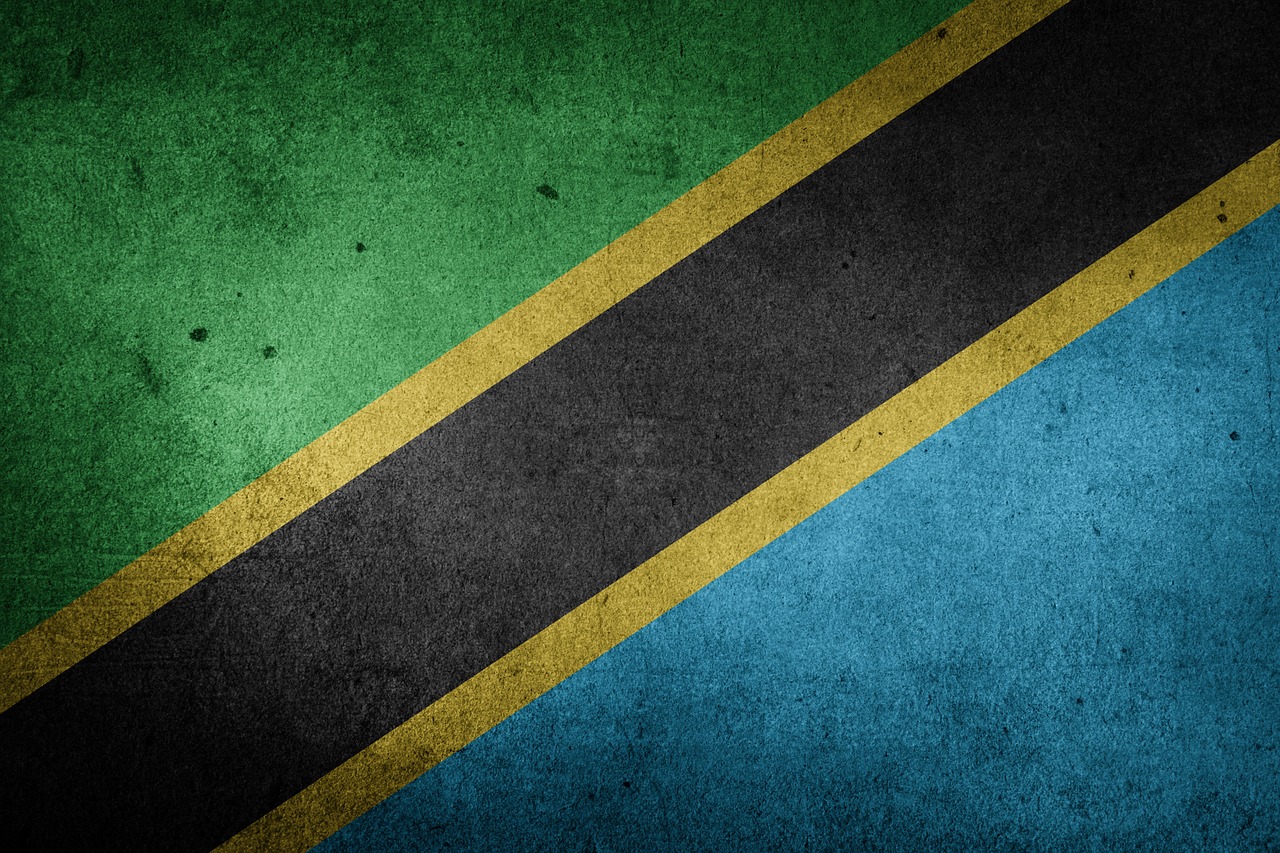In this week’s news roundup, you’ll read about Binance revealing a collaboration with three Big Brother Naija ex-housemates, a new study showing 8.3% of South Africans own NFTs while another 9.4% are keen on buying NFTs, and other top crypto stories.
Binance Announces Collaboration With Big Brother Naija Stars to Drive Cryptocurrency Adoption in Africa
 Binance, the world’s leading cryptocurrency exchange and blockchain ecosystem, recently announced that it was collaborating with three ex-housemates of the Big Brother Naija show to help drive mainstream crypto adoption in Africa.
Binance, the world’s leading cryptocurrency exchange and blockchain ecosystem, recently announced that it was collaborating with three ex-housemates of the Big Brother Naija show to help drive mainstream crypto adoption in Africa.
The three, Hazel Oyeze Onou (Whitemoney), Ikechukwu Sunday Okonkwo (Cross) and Pere Egbi (Pere), participated in Season 6 of the Big Brother Naija reality show which is one of the biggest reality TV shows in Africa.
Speaking about the collaboration, Pere Egbi said, “It is much easier to promote what you are affiliated with – I have been dealing with crypto for many years and so, I will use the passion, experience and knowledge that I already have from Binance to drive this adoption.”
The partnership will enable Binance to continue its efforts of championing financial freedom for Africans with the only addition being that it’ll be doing so while working with the reality TV stars.
Emmanuel Babalola, the Binance Director for Africa, while speaking about the collaboration, said: “Our goal is to make people understand crypto and ease the process of bringing it into their daily lives. One of the things we have seen is how these influencers and their stories embody the spirit of entrepreneurship, hard work and lifestyle of the everyday Nigerian. We have a shared goal of empowering more Africans with the knowledge and resources they need to achieve financial freedom, so it’s a perfect fit and teaming up with them is a big win.”
Study Reveals 8.3% of South Africans Own NFTs
An online survey carried out in South Africa has revealed that 8.3% of South Africans own non-fungible tokens (NFTs) while another 9.4% have plans to buy NFTs in the near future.
The survey was conducted on 1,205 South African Internet users. The results of the survey will easily help rank South Africa as the country with the 12th highest NFT adoption globally. According to the findings, should the 9.4% of Internet users intending to purchase NFTs go ahead and do so, the adoption could rise to 17.7% putting South Africa above Vietnam whose current adoption is at 17% and is ranked fifth in the world.
The study also revealed that The Philippines currently has the most NFT owners at 32%, followed by Thailand at 27%, Malaysia with a 24% adoption, and the United Arab Emirates (UAE) takes fourth place with 23%. Nigeria came in sixth with a 13.7% adoption.
The findings also revealed that most NFT owners were young South Africans while more men than women own an NFT. “People aged 18 to 24 are the most likely to have NFTs in South Africa (11%). At the other end of the spectrum are people ages 55 to 64 (5.2%),” the survey explained.
Tanzania Announces Plans to Launch its Central Bank Digital Currency (CBDC)
 Tanzania’s central bank has made known its plans to launch its own central bank digital currency (CBDC) amidst the rise in cryptocurrency adoption.
Tanzania’s central bank has made known its plans to launch its own central bank digital currency (CBDC) amidst the rise in cryptocurrency adoption.
The news comes a few weeks after Nigeria launched its own CBDC and even received support from the International Monetary Fund (IMF) to help improve the eNaira. Similarly, more governments have also become open and allowed for the introduction of CBDCs as a national currency.
The news was shared by Tanzania’s central bank Governor, Prof. Florens Luoga, while speaking at a two-day conference held by Financial institutions in the country between November 25 and 26, 2021 to discuss the country’s economic recovery post-Covid 19.
“To ensure that our country is not left behind the adoption of central bank digital currencies, the Bank of Tanzania has already begun preparations to have its own CBDC,” she said.
Prof. Luoga also mentioned that the Bank of Tanzania was currently working on strengthening the knowledge and capacity of central bank officials while expanding research on digital currencies. She, however, cautioned Tanzanians on cryptocurrencies as the country is still wary about them.
Lagos-based Blockchain Startup, Payourse, Raises $600K in its Pre-Seed Funding
Payourse, a Nigerian-based blockchain startup, has announced a successful pre-seed funding round worth $600,000 to build and scale its crypto products while also increasing cryptocurrency adoption in Africa.
As reported in Techpoint Africa, the funding round was led by Michael Ugwu, Allegory Capital, Flori Ventures, and Voltron Capital. Other investors that participated in the round included CELO Co-founders Marek Olszewski and Rene Reinsberg; Kola Aina, Managing Partner, Ventures Platform; Angel Touch Holdings; and Oluwatobi Anisere.
Founded in 2019, the startup plans to use the funds to drive its operations geared towards scaling its products, increasing digital currency adoption on the continent, hiring new talents, and expanding into new African markets.
To learn more about Bitcoin, download the Bitcoin Beginner’s Handbook for free.


 News1 year ago
News1 year ago
 News2 years ago
News2 years ago
 News3 years ago
News3 years ago
 News2 years ago
News2 years ago
 News2 years ago
News2 years ago
 Sponsored Posts3 years ago
Sponsored Posts3 years ago
 News2 years ago
News2 years ago
 News2 years ago
News2 years ago

 Binance, the world’s leading cryptocurrency exchange and blockchain ecosystem, recently announced that it was collaborating with three ex-housemates of the Big Brother Naija show to help drive mainstream crypto adoption in Africa.
Binance, the world’s leading cryptocurrency exchange and blockchain ecosystem, recently announced that it was collaborating with three ex-housemates of the Big Brother Naija show to help drive mainstream crypto adoption in Africa. Tanzania’s central bank has made known its plans to launch its own central bank digital currency (CBDC) amidst the rise in cryptocurrency adoption.
Tanzania’s central bank has made known its plans to launch its own central bank digital currency (CBDC) amidst the rise in cryptocurrency adoption.
















 Central African Republic (CAR) has set up a 15-member committee that will be responsible for developing a bill on the use of cryptocurrencies and tokenization in the region.
Central African Republic (CAR) has set up a 15-member committee that will be responsible for developing a bill on the use of cryptocurrencies and tokenization in the region.







